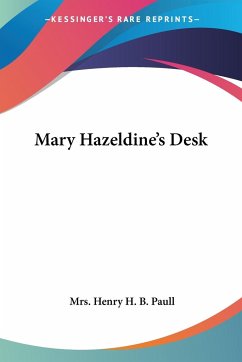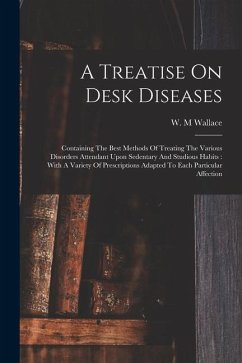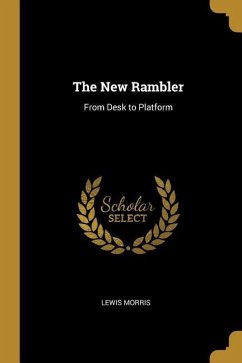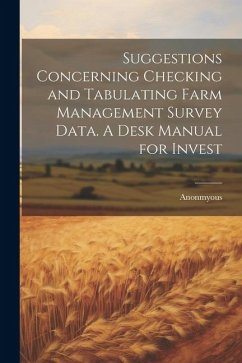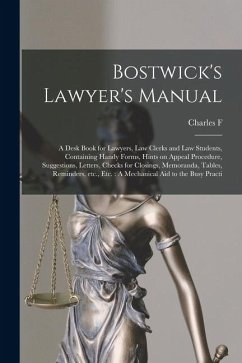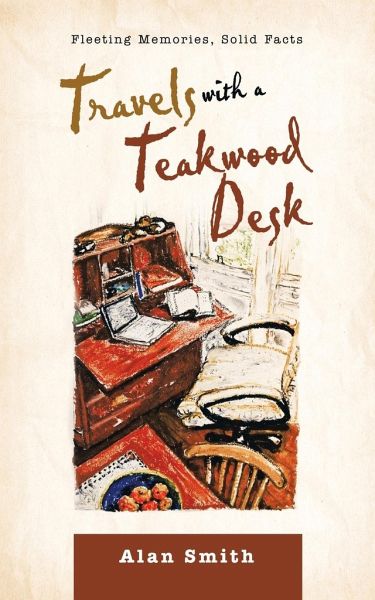
Travels with a Teakwood Desk
Fleeting Memories, Solid Facts

PAYBACK Punkte
11 °P sammeln!
On arrival in Jakarta, Indonesia, in 1969 with his wife and young daughter, Alan Smith, a twenty-eight-year-old research student, was shaken by the pervasive presence of armed military in the airport, at the same time enchanted by the warm, clove-scented air. In a captivating retelling of his personal experiences, Alan, turning seventy, begins writing to share his insight into a life full of joy and pain, struggles with sexual identity, and sharing the frustrations of ethnic people and their quest for self-determination. Alan grapples with his memories of his own path through life as he learne...
On arrival in Jakarta, Indonesia, in 1969 with his wife and young daughter, Alan Smith, a twenty-eight-year-old research student, was shaken by the pervasive presence of armed military in the airport, at the same time enchanted by the warm, clove-scented air. In a captivating retelling of his personal experiences, Alan, turning seventy, begins writing to share his insight into a life full of joy and pain, struggles with sexual identity, and sharing the frustrations of ethnic people and their quest for self-determination. Alan grapples with his memories of his own path through life as he learned to acknowledge and accept his true self. He invites you to share his experience of the people and places he encountered in this life journey and what he learned, close up, about significant global challenges around the issue of self determination of peoples. Travels with a Teakwood Desk is a story of self-discovery, of love and passion for people and places, personal memories and some facts about self-determination.





